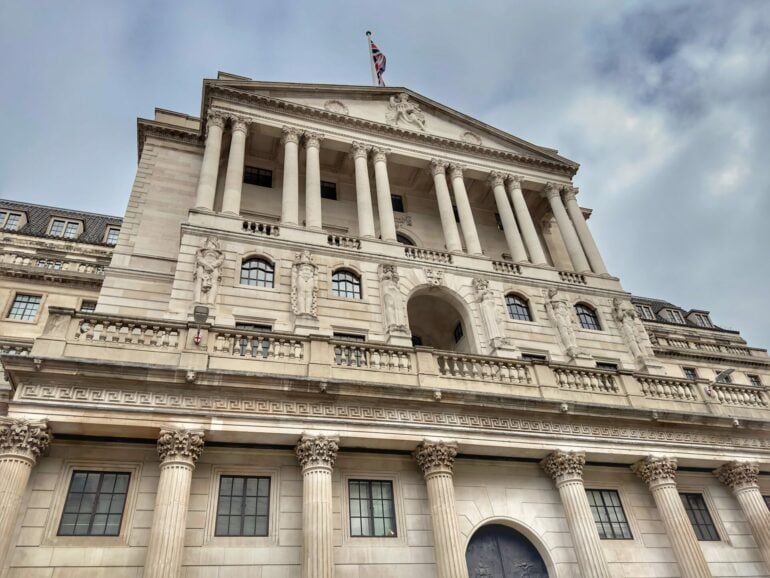Wage growth continues to outstrip inflation, providing much-needed relief for household budgets, but there are warnings that rising wages could contribute to inflationary pressures and delay interest rate cuts.
Sarah Coles, head of personal finance at Hargreaves Lansdown, said: “Wages have outpaced inflation again, easing the pressure on budgets and making life a little more comfortable. However, we can’t afford to relax just yet, because wage hikes raise the spectre of inflation, which could be lurking around the corner, ready to ambush the unwary.”
The latest figures show that households now have more money left over at the end of the month. “Higher wages are giving us more wiggle room in our budgets, and the HL Savings & Resilience Barometer says the average household now has £136 left at the end of the month,” said Coles. “It’s a far cry from the peak of the cost-of-living crisis when the question was how much month we would have left at the end of the money.”
Public sector wage rises and an increase in the minimum wage from April are expected to boost incomes further, but there are concerns about the impact on inflation. “With inflation figures expected to show a rise tomorrow, and forecast to be back on an upwards trajectory, higher wages aren’t unalloyed good news: there’s the risk they’ll power more price rises,” said Coles.
While inflation remains far below the double-digit highs seen in recent years, Coles said the concern is whether higher wages could delay expected interest rate cuts rather than trigger a new round of rate increases. “It’s not going to give us the confidence to spend our way to economic growth in a hurry,” she said.
The latest employment data presents a mixed picture, with both employment and unemployment rising and job vacancies continuing their decline. “It was a mixed picture for jobs, with employment and unemployment both rising – and vacancies having fallen every month for almost three years,” said Coles. “The hike in employers’ taxes in April is likely to be playing a part in keeping a lid on jobs, and there could be more pain to come.”
With economic uncertainty persisting, Coles advised workers to build financial resilience. “It makes this a sensible time to take stock of the protection you have in place if things take a turn for the worse,” she said. “You should have emergency savings to cover three to six months’ worth of essential spending, and while the HL Savings & Resilience Barometer shows that savings have been increasing over the past six months, a third of people are still falling short. It means if you’re finding yourself with a bit more cash left at the end of the month, and you can afford to put aside a little more for emergencies, now might be a great time to start.”



